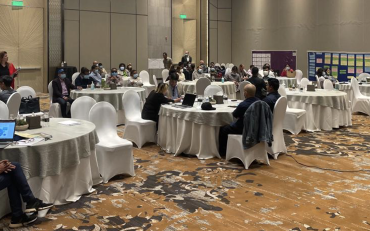The long-awaited Module 2 of Bridge CRPD-SDGs South Asia commenced on 22 March 2022. Like the first Module, which took place in December 2019, this event is also being held in Kathmandu, Nepal. The Task Team for this Bridge cycle includes the International Disability Alliance (IDA), Transforming Communities for Inclusion (TCI), DPOD Denmark, CBM Global, and HI, and has been immensely supported by the National Federation of the Disabled, Nepal and the National Indigenous. In addition, this cycle has been financially supported by DPOD, CBM Global, MOFA Finland, FCDO (through the Disability Inclusive Development – DID Programme) and the Open Society Foundation.
Despite the COVID-19 restrictions and consequences, a majority of the original participants have been able to travel to Nepal, including participants from Bangladesh, India, Pakistan and the Pacific. Participants include persons with psychosocial disabilities, persons with deafblindness, persons who affected by leprosy, youth with disabilities and indigenous persons with disabilities. They are joined by a diverse facilitation team comprising entirely of persons with disabilities from across Asia, Africa and Europe.
Participants are being supported by an on-site Braille printer and technician, International Sign interpreters, Nepali Sign Language interpreters, tactile interpreters (Indian Sign Language), voice over interpreters as well as personal assistants.
The opening of the Module 2 was led by Mitralal Sharma, the President of NFDN. He welcomed all participants and expressed happiness at the organization of this Module as well as the upcoming workshops in Nepal, emphasizing the relationship between IDA and NFDN around capacity building, and referred to the Global Disability Summit (GDS) as a seminal event that the entire disability movement was a part of.
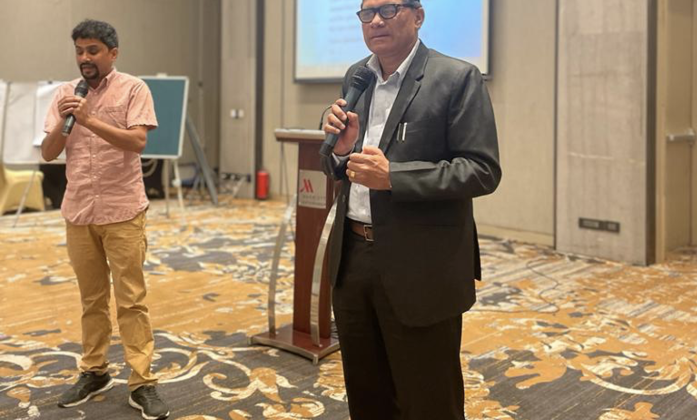
This was followed by opening remarks from Dr. Bhargavi Davar, Convenor, TCI, who spoke to TCI’s evolution since the 2019 module and also of the continuing relevance of the Convention on the Rights of Persons with Disabilities (CRPD) in a rapidly changing world. She also spoke about the commitments that emerged from the GDS and their importance as advocacy tools in implementing the Agenda 2030. She appreciated IDA’s role in the post COVID-19 disability movement including furthering of the Bridge CRPD-SDGs training initiative and efforts taken to ensure a safe and inclusive learning environment while bringing participants together.
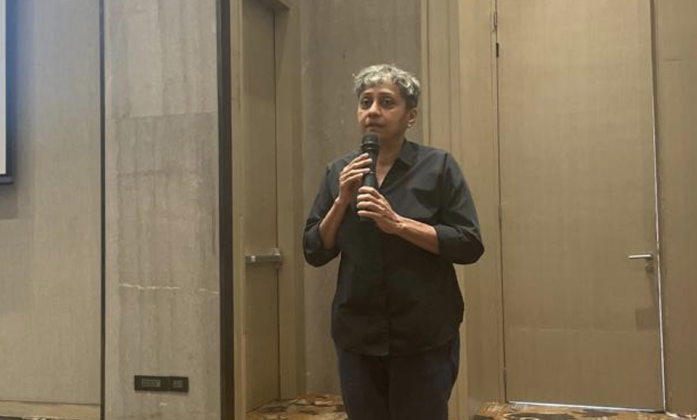
Amba Salelkar, Bridge CRPD-SDGs Officer, welcomed the group and invited them to reintroduce themselves with one important development since Module 1 – many facilitators and participants shared changes in their employment status in the last 2 years, with several having joined regional and global Organizations of Persons with Disabilities, INGOs, UN agencies or gained fellowship opportunities through the IDA Community of Practice. Others shared challenges that arose from lack of access to support services, death of family members and loss of jobs. Still others shared that they had gotten married or had children in the last two years, or tried new hobbies. They elaborated on their experiences one-on-one in a speed dating exercise.
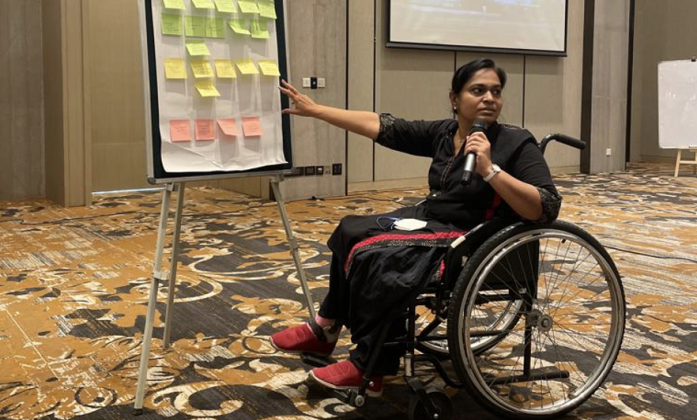
Facilitators collated and debriefed on participant expectations followed by a presentation of the Agenda of the week. After collectively developing the ground rules and expressing their needs to be included, participants spent the rest of the day in a lively “HotBall” exercise where questions concerning core concepts about the CRPD were discussed.
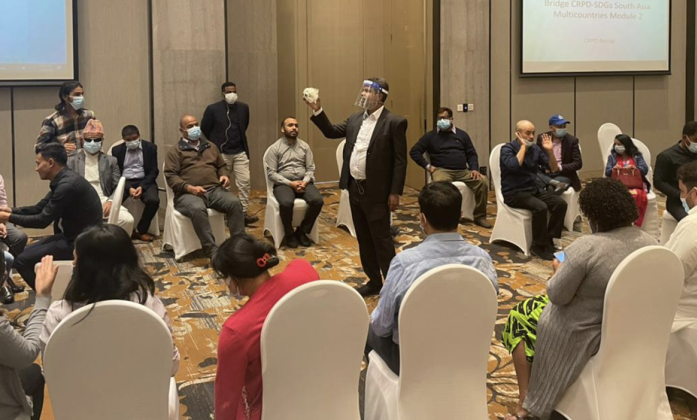
The rest of the Module elaborates on the role of public policies, programming, legal harmonization, data, budget advocacy in furthering the rights of persons with disabilities. Participants will also take place in a policy exchange with key stakeholders on disability and development. Participants also have opportunities to discuss their draft policy papers with assigned mentors and also to present it to their peers.
